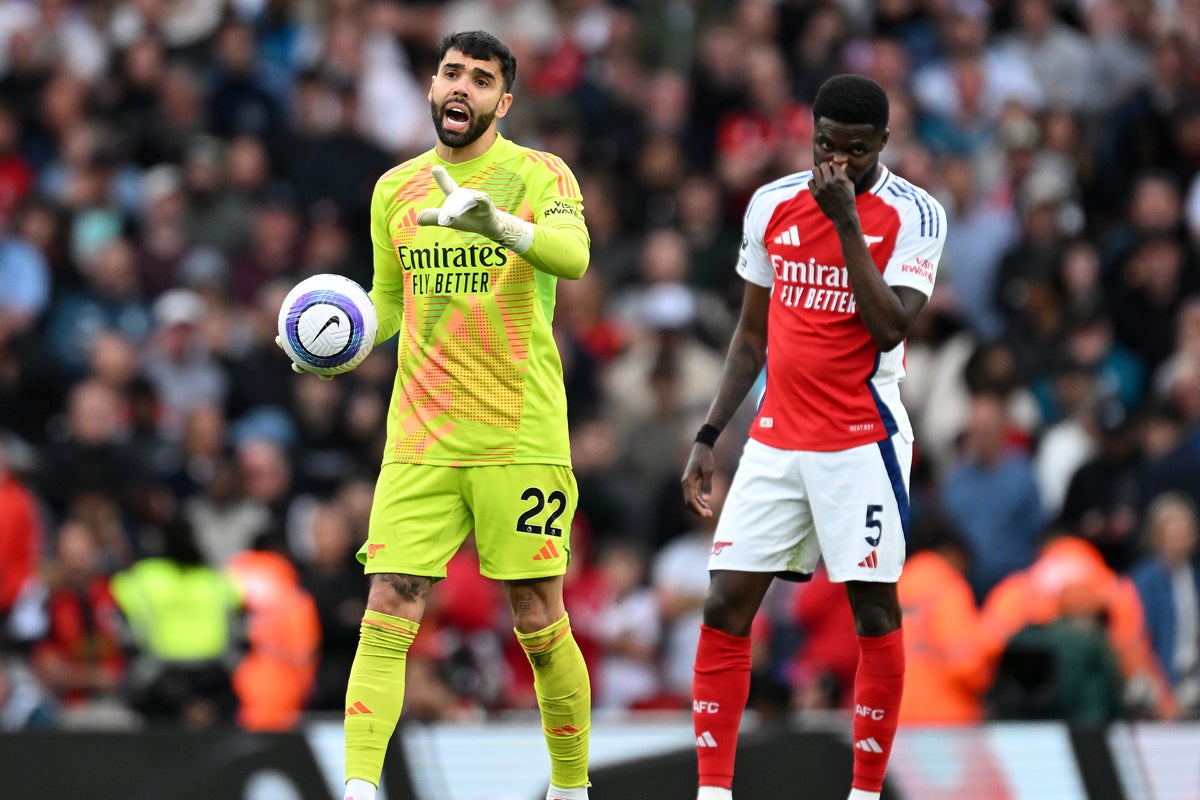Political reporter
 Reuters
ReutersNigel Farage’s Reform UK has made big gains in English local elections, cementing it as a prime challenger to Britain’s traditional main parties.
It won 677 of around 1,600 seats contested on Thursday across a clutch of mainly Tory-held councils last contested in 2021.
Reform seized control of eight authorities from the Conservatives, including former strongholds Kent and Staffordshire.
The party has also won control of Doncaster, the only council Labour was defending, and Durham, where Labour was previously the largest party.
Reform also displaced Labour in Runcorn and Helsby, where it won a tightly-fought Westminster by-election to make Sarah Pochin its fifth MP.
As well as winning control of its first-ever councils, Reform has also won its first mayoral contests in the newly-created combined authorities of Greater Lincolnshire, and Hull and East Yorkshire.
A jubilant Farage said the results meant Reform had overtaken the Tories as the main opposition party to Sir Keir Starmer’s Labour government.
The elections in 23 councils, across mainly rural and suburban areas of England, marked the first major electoral test since Labour’s landslide general election victory last year.
The Tories, who were defending the most seats, had been braced for big losses since the councils up for re-election were last contested in 2021, when the party was riding high under Boris Johnson during the Covid vaccine rollout.
But their results have been even worse than expected, with the party losing over 676 seats and control of all the 16 authorities it was defending.
It captured the Cambridgeshire & Peterborough mayoralty from Labour – a silver lining for the party in an otherwise dismal set of results.
Reacting to the results in the Times on Saturday, Sir Keir said simply: “I get it”.
The prime minister said he shared in the “sharp edge of fury” felt by voters leaning away from the major parties, arguing that it spurs him on to “go further and faster” in delivering Labour’s promised changes to public services, immigration and cost of living pressures.

Tory leader Kemi Badenoch acknowledged that her party was facing a “long journey” to rebuild after its long spell in government, adding that “protest is in the air” in a “very competitive political environment”.
Writing for the Telegraph, she acknowledged the results had been a “bloodbath” for her party, but argued it had been “making progress” under her leadership, including on party unity and holding Labour ministers to account.
Labour, which was defending far fewer seats this year, was down by 186 seats.
It held a trio of mayoralties in Doncaster, North Tyneside and the West of England, but saw its share of the vote significantly dented by Reform in all of them.
Sir Keir said the results showed the need for his party to go “further and faster” to deliver on voters’ priorities in government, adding: “I get it.”
Lib Dem leader Sir Ed Davey said the party had supplanted the Conservatives as the “party of Middle England” after gaining 163 seats.
The party seized Shropshire from the Tories, and gained control of Oxfordshire and Cambridgeshire, two county councils where previously no party was in overall control.
They have also become the biggest party in Hertfordshire and Wiltshire, as well as in Gloucestershire and Devon, where they narrowly fell short of overall majorities.
The Greens gained over 40 seats, but will have been disappointed not to snatch the West of England mayoral contest from Labour, where they came a narrow third to Reform.
The is estimating that, if elections had taken place across Britain on Thursday, the Conservatives would have slumped to just 15% of the national vote, its worst-ever share of such a projection, behind the Liberal Democrats on 17%.
Labour would have won 20% of the vote, according to the projection, equalling its lowest previous recorded performance in 2009.
It is the first time the combined projected share of the vote for the Conservatives and Labour has fallen below 50%, underlining the continuing fragmentation of the British political landscape.
Local beginnings
Farage has made gaining a foothold in town halls a key staging post ahead of the next UK general election, which is expected in 2029.
Before Thursday’s elections it only had around 100 councillors, mainly as a result of defections from other parties.
However, the results will also increase scrutiny of how his party performs in office and how it intends to wield its newly-acquired local powers.
During the campaign, both the Reform UK and Tory leaders were repeatedly questioned during media interviews about how their local councillors might co-operate with each other after the elections.
Farage ruled out striking formal coalitions with other parties to share power, but left the door open to more informal forms of co-operation, including the Conservatives.
That position could soon be put to the test in councils including Leicestershire and Worcestershire, where it fell short of a majority despite becoming the largest party.
Speaking to supporters on Friday, Farage said his party would seek to “reduce excessive expenditure” in local government, and suggested his councillors would scale back local diversity and climate policies.
He added his party would also look to push back on asylum seekers being housed in hotels, saying he was opposed to the government “plonking scores of young men” in counties where his party now has control.





